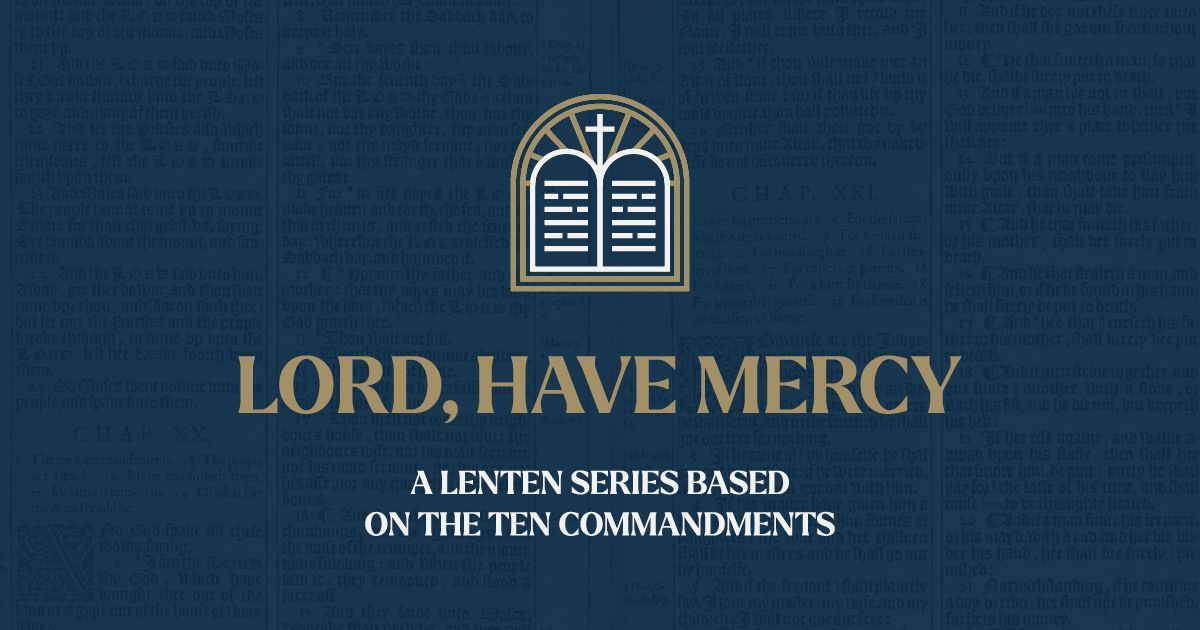Steward the Truth as Shared Humanity
Whereas many popular perspectives on humanity view human beings as ever improving and advancing, Scripture presents a vision that’s at once more broken and more beautiful than any of the rest. It reveals a truth that spans generations and geography. It shows us a shared humanity with a shared problem and a shared solution. Recognizing this shared humanity, and being able to evangelically discuss it, is critical to being a steward of the truth. In an age where, in many ways, a unifying human nature is denied, it’s important for stewards of Christian truth to grasp and communicate our true, common condition.
But it’s even more important that we grasp and communicate the beautiful solution God has provided in Jesus Christ. This means understanding the humanity Christ shared in and the humanity Christ shares with us. Hebrews 2:14 says, “Since the children have flesh and blood, he too shared in their humanity so that by his death he might break the power of him who holds the power of death—that is, the devil.” Jesus did not only share in our mortality as an expression of solidarity; he did it to redeem us from our mortality. Put another way, the Son of God shared in our dying humanity so that we might share in his ever-living humanity.
Understanding our shared human nature—and the beauty of God’s Son sharing in it—isn’t theological trivia; it’s critical to properly framing the past, present, and future. Stewarding the truth means helping one another, especially the next generation, to grasp this for themselves.





